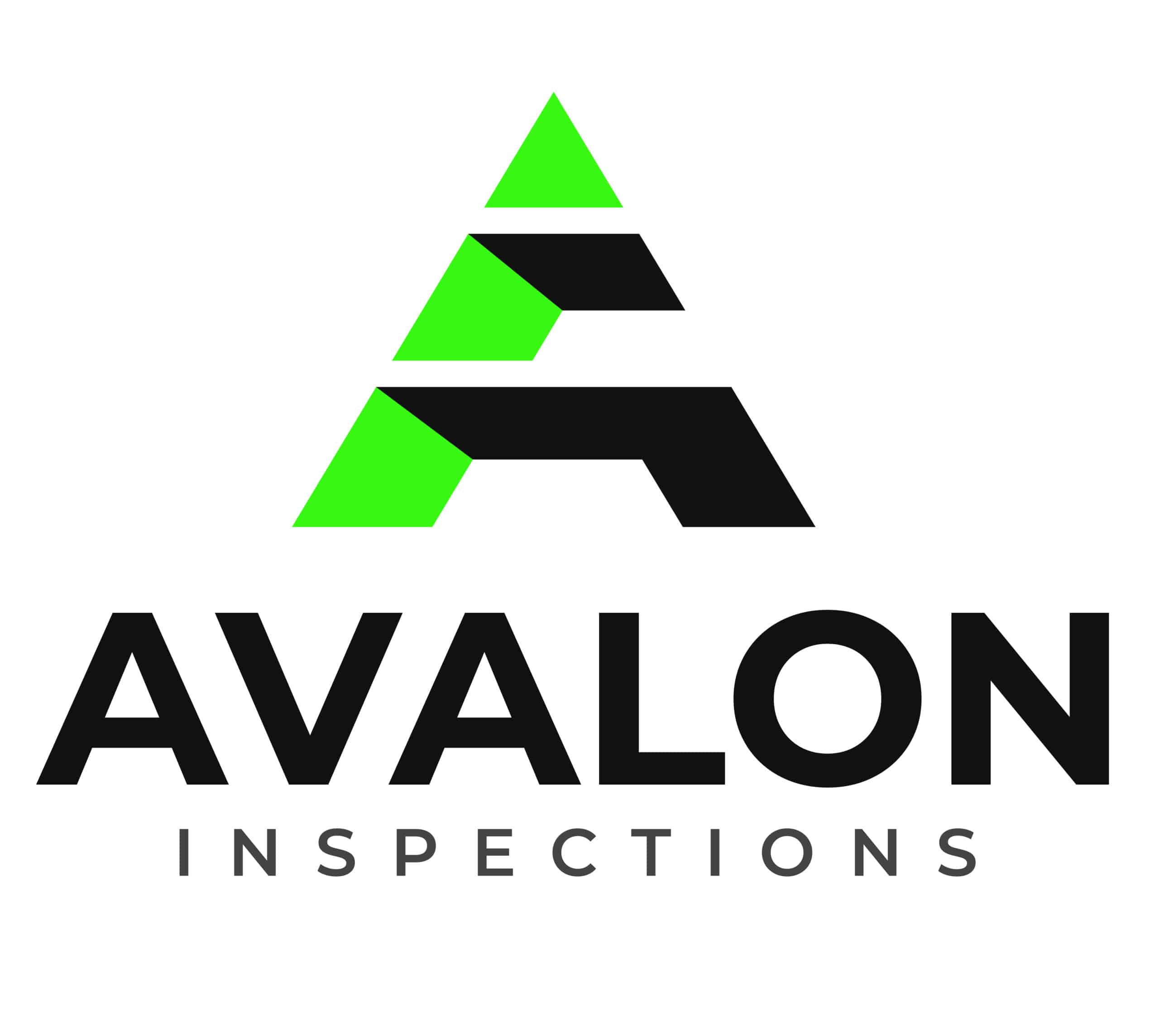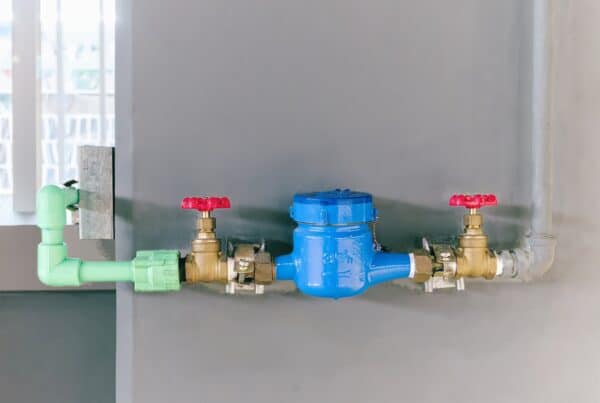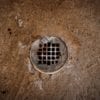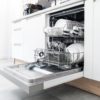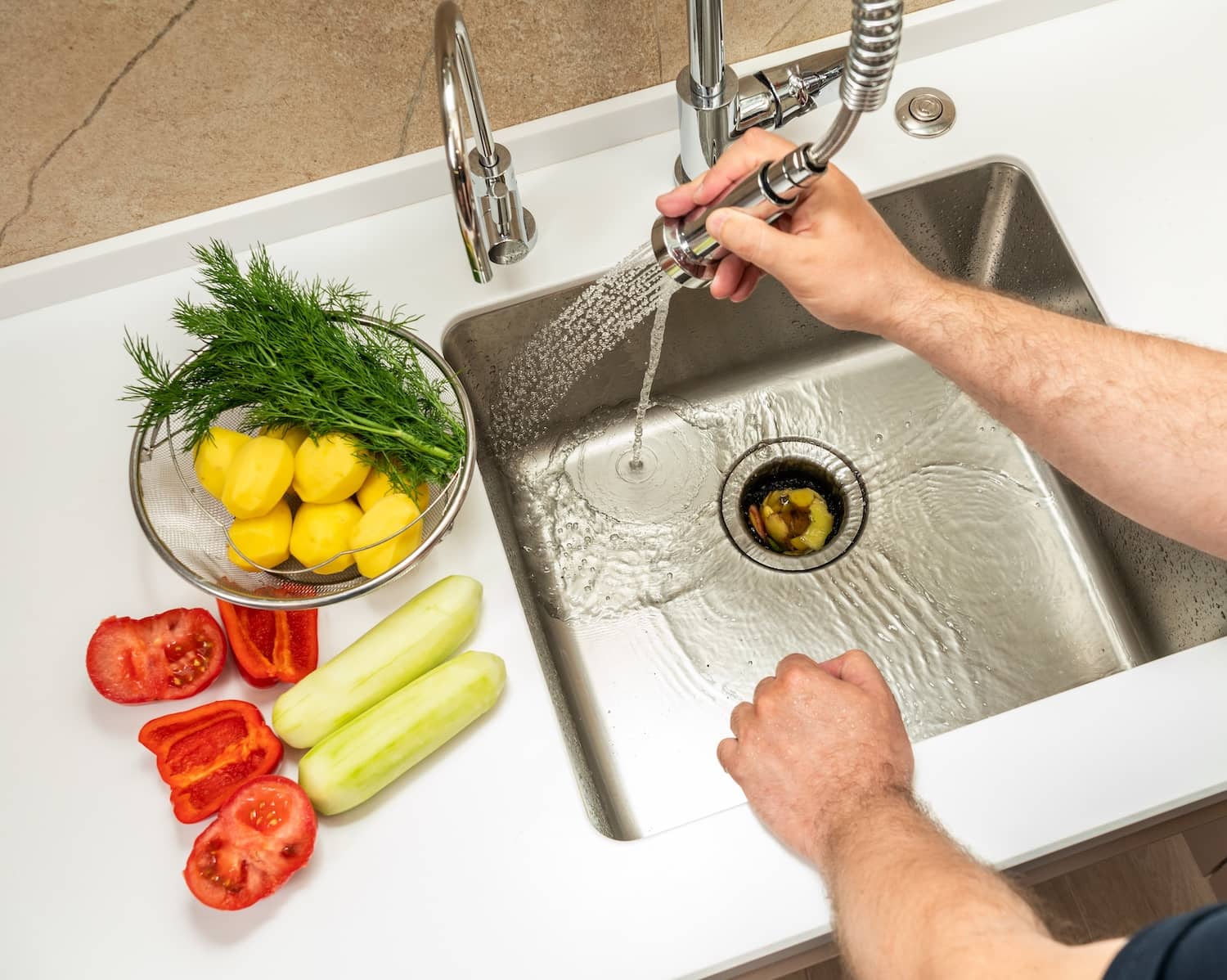
More than just a nuisance, discovering a puddle beneath your garbage disposal is the start of a mystery where the kitchen sink plays the lead role. Leaks can be deceptive, often masquerading as minor issues when they could be symptoms of a larger problem. So, if you’re currently playing detective over a garbage disposal leaking from the bottom, you’re likely seeking answers fast — you’ve come to the right place.
This post is tailored to help you understand why leaks occur, how to identify and address some leaks, and when to wave the white flag, calling in a professional. Let’s roll up our sleeves and get to the bottom of the problem.
How Does a Garbage Disposal Normally Work?
Before diving into leak troubleshooting, let’s get familiar with the inner workings of your garbage disposal. This appliance is a powerhouse of convenience beneath your sink. It shreds food scraps into tiny pieces, small enough to pass through plumbing without a hitch.
At its core, the disposal features a motor that powers a spinning plate connected to impellers—or lugs—that assist in the grinding process. Above this plate sits a shredder ring, which helps in pulverizing the waste. Everything is enclosed in a chamber that, with the help of water, safely whisks away the food particles.
Regular upkeep is the linchpin to ensuring this kitchen hero keeps running smoothly. Simple habits like running cold water during and after disposal use, and avoiding hard-to-grind items can prolong its life. It’s the little things that can prevent many issues, including leaks. This includes not overloading it and knowing when to press the reset button.
But even with the best care, nothing lasts forever. Seals can dry out, components can fatigue, and unexpected hiccups can occur. Recognizing how your garbage disposal operates is pivotal to diagnosing leaks and helps you understand the solutions we’ll explore below.

Common Causes of Leaks
Now that you’re more acquainted with the basic functions of your garbage disposal, let’s tackle the reasons it might be leaking. Understanding these can be the difference between a quick fix and a persistent problem. Here are some common culprits:
Worn Out Seals or Gaskets
The most frequent cause of a leak is a failure in the seals or gaskets. These components, particularly the sink flange at the top and the seal at the bottom where the motor is located can deteriorate over time. A garbage disposal leaking from the bottom often points to the latter, suggesting that the seal that keeps water and waste from entering the motor area is no longer doing its job.
Loose Plumbing Connections
A network of connections and pipes works in concert with your disposal. If any fitting within this system is not tight, water can seep out. This includes the dishwasher hose, the drain pipe, and the sink itself. While these leaks may appear to come from the bottom of the disposal, they’re often due to loose connections slightly higher up in the unit.
Cracks in the Garbage Disposal Body
Occasionally, the disposal’s body can develop cracks due to impact, corrosion, or simply wear and tear. A crack in the body is an undeniable invite for leaks. Unfortunately, if the disposal unit itself is cracked, repairs are generally not an option, and replacement becomes necessary.
Failure of Internal Components
Internal issues, such as a malfunction in the actual grinding chamber, can lead to water finding its way to the bottom. These problems are less common but can be the most challenging to fix. Leaks resulting from internal component failure typically mean it’s time to consult with professionals for repair or replacement.
Troubleshooting Tips
Armed with knowledge of common leak origins, let’s move into action mode. Here’s how to narrow down the issue and take steps toward a fix.
Inspect Seals and Gaskets
Begin with a visual inspection of the seals, especially around the sink flange and the bottom seal. Look for obvious signs of deterioration or damage. If these seals show wear, replacing them is your first line of defense.
Check Connections
Examine all connections. Ensure the dishwasher hose, drain pipe, and any other linked fittings are snug. A simple hand-tightening might solve the problem, but use a wrench if necessary, taking care not to over-tighten and cause damage.
Look for Cracks
Give the disposal unit a thorough check for any cracks. Use a flashlight to illuminate hard-to-see areas. If you find a crack, it’s time to weigh the cost of a new disposal against a temporary fix.
Test Internal Components
If you’ve ruled out the simpler issues, you may need to delve deeper. Listen for unusual noises or vibrations that might indicate a failing internal component. This step generally requires a professional’s touch.
Remember, safety first! Always disconnect the disposal from power before attempting any inspection or repair.

Other Recommended Maintenance
To keep your garbage disposal in peak condition, regular maintenance is crucial. Start by running cold water before, during, and after disposal use to prevent clogs and reduce strain on the system. Occasionally grinding ice cubes can help to clean the grinding elements, while flushing with a baking soda and vinegar mix followed by hot water can address foul odors and minor residue build-up.
Sharpening the blades with hard materials like small chicken or fish bones is an old plumber’s trick, but it’s important to do this sparingly to avoid unnecessary wear. For everyday cleaning, avoid harsh chemicals that can damage the seals; instead, opt for gentle dish soap and cold water.
It’s important to never put fibrous materials like celery, hard materials like fruit pits, or absorbent foods like pasta and rice down your disposal as they can cause clogs and damage the blades. Fats, oils, and grease are also disposal foes, solidifying and causing stubborn blockages. Monitoring your disposal for unusual sounds or slow draining can alert you to potential problems early on, ensuring your disposal works effectively and your kitchen stays disruption-free.
When to Call a Professional for a Leaking Garbage Disposal
Determining when to seek professional help for your garbage disposal issues is as important as knowing how to maintain it. Despite your best troubleshooting efforts, some scenarios are clear indicators that it’s time to call in the experts. If you’ve noticed persistent leaks, this could be a sign of a more complex problem.
When internal components are suspected to be the issue, such as when you hear unusual sounds or notice that the disposal is not grinding efficiently, a professional can assess whether repair or replacement is necessary. They can also safely handle electrical concerns, which might be at play if the unit is not turning on or is frequently tripping the circuit breaker.
Professionals should also be consulted about any signs of water damage surrounding the disposal, including the cabinets or nearby appliances. Water damage can lead to mold and structural issues, best addressed by someone with experience in mitigating such problems.
Moreover, if your disposal has a crack in its body or you’re experiencing consistent problems with drainage, these can be indicative of serious issues that might extend beyond the disposal itself, affecting your overall plumbing system. A professional plumber can provide a comprehensive diagnosis and solution, ensuring that any replacement or repair is performed correctly and up to code.
Conclusion
In summary, a leaking garbage disposal can dampen your day and kitchen floor alike. Armed with the insights from this article, you’re now prepared to tackle common issues head-on, from worn seals to loose connections.
Embrace the role of DIY detective with our troubleshooting tips, but remember, if the plot thickens with persistent leaks or signs of internal trouble, it’s time to call in the professionals. With a balance of proactive care and timely professional intervention, your garbage disposal’s story will have a happy, and dry, ending. For an inspection of your home’s plumbing system, reach out to Avalon Home Inspections in Atlanta, GA, and surrounding areas today!
